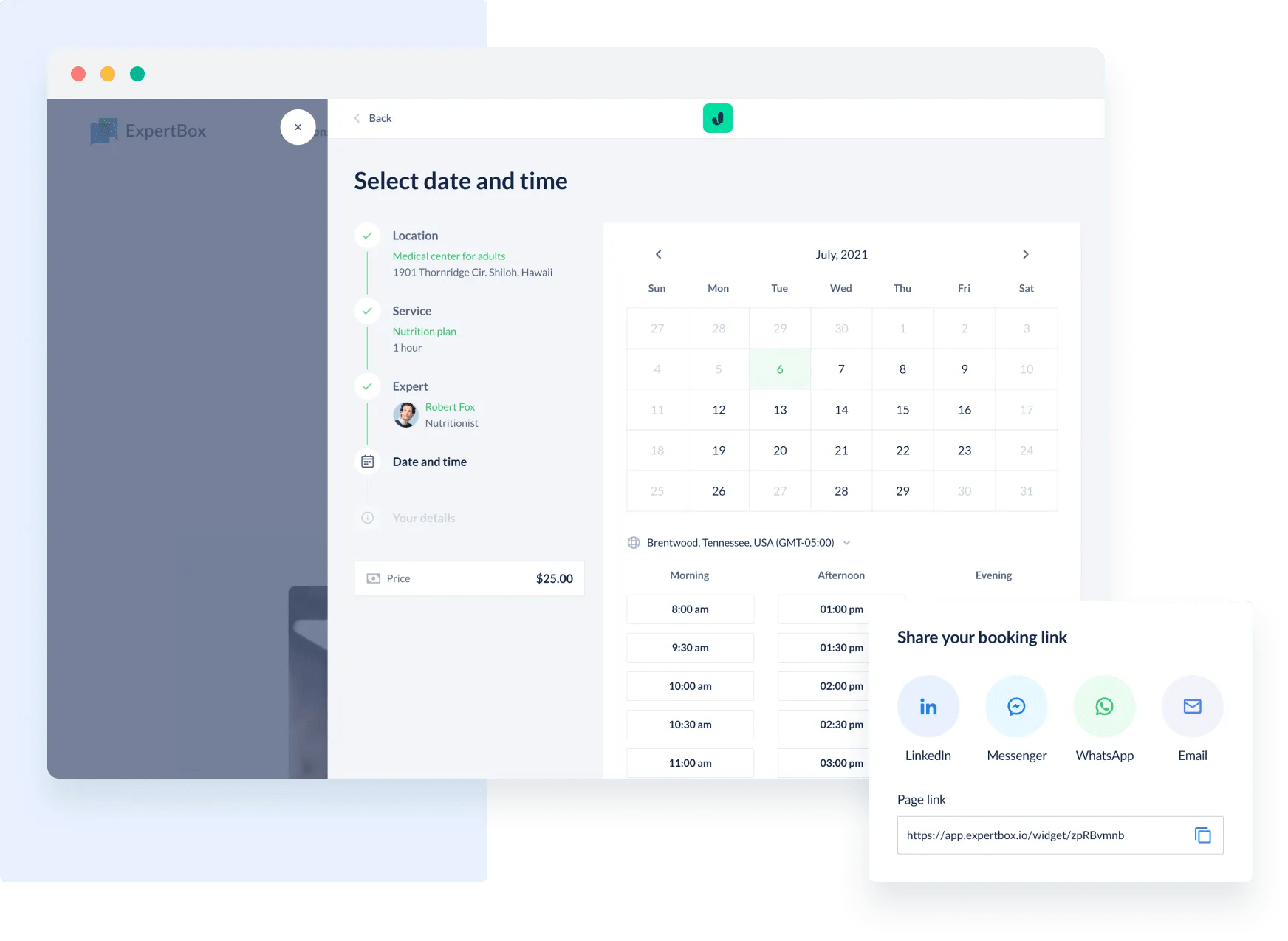Today’s employees appreciate remote work because of its flexibility, security, lack of commute time, and less stressful nature. Healthcare providers are no exception. Telemedicine solutions allow physicians to provide patient care regardless of time, and geographical restrictions.
Thanks to telehealth, physicians can:
Utilizing telemedicine can improve your staff's efficiency and help you better manage their workload. Your medical workforce will be much happier and more satisfied if they can perform some duties from home without visiting an office.Implementing telemedicine into your clinic can have the following benefits:
#1 Work-life balance
Healthcare providers’ routine responsibilities include not only patient treatment but also administrative tasks, education, meetings, and other community activities. Adding mobile technology can blur the boundaries between work and private life.

Having time outside of work for your personal life becomes crucial with a heavy workload. Telemedicine can help clinical employees stay productive from the convenience of their homes and have enough time for sleep, exercise, and other activities they enjoy.

Because telemedicine simplifies scheduling and reduces administrative burdens, physicians and other clinical personnel can rest more, reduce stress, and provide effective patient care at any time and place.
#2 Reduced administrative burdens
Physicians and administrators must document all patient interactions, which requires a lot of paperwork.

As a result, clinicians spend much of their valuable time completing administrative tasks rather than treating patients.
Telemedicine software helps decrease administrative burdens and automate as many manual processes as possible, facilitating the medical staff’s workflow. Clinical personnel no longer need to use multiple systems to separately perform each task and synchronize data entries. An all-in-one telemedicine platform, such as ExpertBox, offers patient, team, and payment management features to handle operational duties in one place and reinforce patient care.
With less administrative burden and manual work, your clinical staff can focus on delivering more effective healthcare.
#3 Increased safety
Remote patient care eliminates potential infection exposure. Your patients can still receive high-quality care while your employees stay safe and healthy. Telemedicine benefits clinical staff particularly during a pandemic because it allows for safer communication with patients and colleagues.
But telemedicine can also pose new challenges. The most costly telemedicine legal issues are associated with managing Electronic Protected Health Information (ePHI) and can occur from the misuse, loss, or breach of patients’ data. However, with proper security measures in place, risks can be mitigated.
By choosing HIPAA-compliant telemedicine software, you can protect your employees and your clinic from legal disputes and ensure patients’ data privacy.
#4 Increased business competitiveness
Incoherent manual processes, such as consulting patients, navigating them through their care plan, and providing follow-up healthcare activities (including payment and insurance), can increase overtime hours and lead to decreased medical staff productivity.
Telemedicine gives clinicians a competitive advantage, reducing back-and-forth email and phone communication and manual data entry. Telemedicine software helps you keep all patient and clinical data organized in one place and control your team’s workload.

You can stay ahead of the competition by offering state-of-the-art virtual care solutions including automated feedback forms, paper-free legal agreements, digital intake forms, and convenient booking options to better know and address patients’ needs and preferences.
#5 Fewer canceled visits
Patient cancellations and no-shows cost clinics money, so healthcare professionals also lose revenue when patients don’t show up for their appointments. Replacing potentially missed appointments (due to patients' forgetfulness or simple commuting issues) with virtual ones is the most optimal and cost-effective solution for physicians, medical personnel, and patients.

Virtual appointments can be safely and efficiently conducted with the help of secure video conferencing and messaging via a HIPAA-compliant telemedicine platform.
Besides the convenience, efficiency, and affordability of virtual appointments, there’s much more to say about telemedicine’s benefits. Discover more advantages in our article on the top 11 benefits of telemedicine for patients and healthcare providers.
#6 New revenue opportunities
Virtual appointments help physicians and clinical personnel increase revenue and get reimbursed similarly to how they are for in-person visits. For example, thanks to telemedicine, healthcare providers don’t have to take patient phone calls for free or after hours. All phone or video calls have a price.

Furthermore, physicians can better track and recapture billable time. If a patient misses their appointment, a free slot automatically opens up in the doctor’s calendar, which is always up to date. This win-win feature allows patients to book last-minute appointments and medical personnel to lose less revenue.
Arm your staff with the right technology
To effectively work remotely and support patient care, you should equip your medical personnel with secure technology, evaluate their roles and responsibilities, and set clear expectations when they work out of the office.
Medical staff may not be as familiar with remote healthcare practices as physicians or simply may not have enough prior technical knowledge to immediately start working remotely. You should educate your staff on telemedicine best practices, policies, and etiquette, enforce strict telemedicine policies, and ensure your employees fully abide by HIPAA rules and regulations.
Adopting new technology can confuse medical staff due to a lack of knowledge and expertise. Find tips on how to effectively train your medical personnel on telehealth software.
Choosing the right telemedicine technology allows your personnel to securely collaborate and communicate while safely storing and sharing patient health information.
Wrapping up
Telemedicine provides medical staff with more flexible schedules. Clinicians can work safely, adhere to HIPAA standards, and ensure patient privacy during virtual care from any location. Healthcare providers can also revise their schedules anytime and adjust them to their preferences and workload.
Now that you’ve learned how your clinic and staff can benefit from telehealth services, it's time to make your telemedicine practice stand out. Review these practical tips on how to successfully implement and use telehealth in your facility.
FAQ
-
1. Better work-life balance
2. Reduced administrative burdens
3. Increased safety
4. Increased business competitiveness
5. Fewer canceled visits
6. New revenue opportunities



